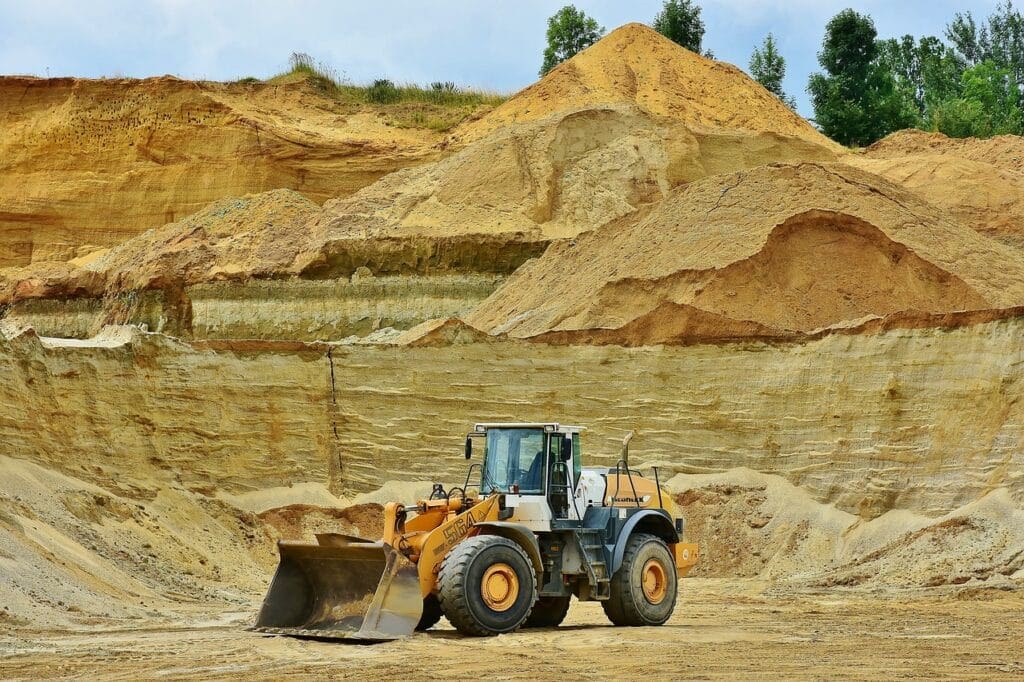Mining Other

Morocco Overhauls Mining Code to Boost Investment, Sovereignty

The reform, led by the Ministry of Energy Transition and Sustainable Development, aims to simplify licensing procedures, enhance transparency, and improve access to investment opportunities.
The draft law aligns with Morocco’s national mining strategy, which seeks to position the sector as a driver of industrial sovereignty and energy transition. It also incorporates recommendations from the New Development Model (NDM) and the directives of King Mohammed VI.
The reform introduces measures to modernize governance, promote mineral exploration, and regulate underground storage. A technical committee will be established for the first time to oversee strategic and critical minerals, ensuring Morocco’s access to essential raw materials for industrial and technological development.
The draft law distinguishes between materials governed by the mining code and those under quarrying regulations. It allows private companies to obtain permits for mineral valorization without prior exploration or exploitation licenses.
To streamline operations, the law extends exploration permits by three years, contingent on feasibility studies proving exploitable resources. It also restricts the transfer and leasing of exploitation permits and regulates subcontracting in mining activities.
The reform prioritizes local employment and worker training, introducing a professional mining card to ensure compliance with labor regulations. It mandates using locally manufactured products and national laboratories for mineral analysis. Companies must also submit site rehabilitation plans post-exploitation.
A key feature is the creation of a national mining cadastre, enabling real-time tracking of licenses and concessions. The system will be managed by the sector’s regulatory authority.
The draft law imposes stricter penalties for illegal mining activities. Unauthorized prospecting carries fines of MAD 100,000 to MAD 1 million, while illegal exploitation, transport, or sale of minerals can result in fines up to MAD 2 million. Illegally extracted materials must be returned to their rightful owner or the state.
The law also prohibits government officials involved in licensing from acquiring mining rights during their tenure.












